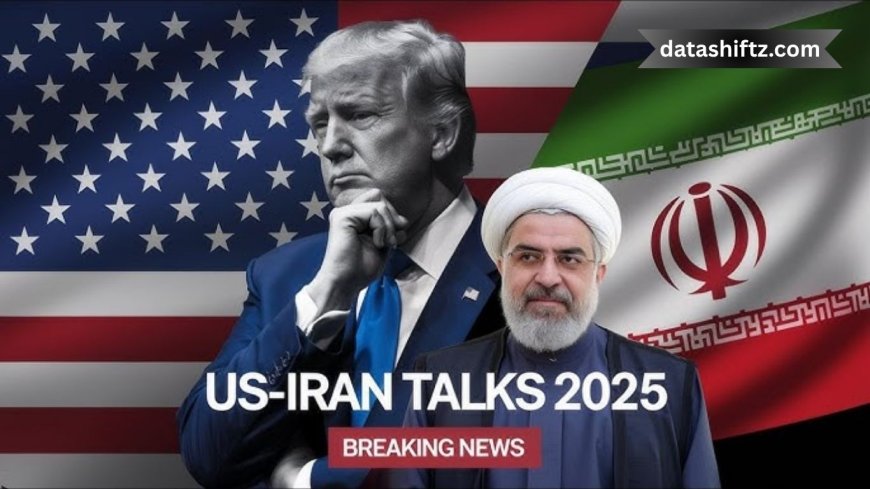Trump-Iran Relations: A Critical Juncture in 2025

As of June 2025, U.S. President Donald Trump finds himself at the epicenter of a rapidly escalating crisis between Iran and Israel. The conflict has led to significant casualties and heightened global tensions, prompting urgent calls for diplomatic intervention.
Escalation of Hostilities
The conflict intensified on June 13, 2025, when Iran launched a large-scale missile and drone attack on Israel, following Israeli airstrikes on Iranian nuclear and military targets. This retaliation resulted in 22 Israeli injuries and at least 224 Iranian fatalities .
President Trump has publicly supported Israel's actions, labeling them as "excellent" and "very successful." He warned Iran that failure to negotiate a nuclear deal would lead to "even more brutal" military actions .
Diplomatic Efforts and Challenges
In April 2025, President Trump initiated a diplomatic outreach by sending a letter to Iran's Supreme Leader, Ayatollah Ali Khamenei, proposing direct negotiations to resolve the nuclear impasse. The U.S. engaged in several rounds of indirect talks in Oman and Italy, focusing on Iran's nuclear program, ballistic missiles, and regional activities .
However, Iran's response has been largely dismissive. Supreme Leader Khamenei rejected the U.S. offer, accusing it of being a "deception" aimed at portraying Iran as unwilling to negotiate . He emphasized that Iran does not seek nuclear weapons but will not be coerced into negotiations under pressure.
U.S. Military Posture and Market Reactions
In response to the escalating tensions, the U.S. has bolstered its military presence in the Middle East, deploying additional forces to support regional stability and protect American interests .
President Trump's warning for all Americans to evacuate Tehran has had immediate economic repercussions. Oil futures surged, with West Texas Intermediate crude rising up to 2.7%, reflecting concerns over potential disruptions in the Strait of Hormuz, a critical chokepoint for global oil shipments .
Events in U.S.-Iran Relations (2025)
| Date | Event | Outcome/Impact |
|---|---|---|
| March 7 | Trump sends letter to Khamenei proposing nuclear talks | Iran initially denies receipt; later rejects offer as "deception" |
| April 12 | First round of indirect talks in Muscat, Oman | Described as constructive; no significant breakthroughs |
| June 13 | Iran launches missile and drone attacks on Israel | 22 Israeli injuries and at least 224 Iranian deaths |
| June 16 | Trump warns Americans to evacuate Tehran | Oil prices surge; U.S. military presence increases |
Stakeholders and Their Positions
-
United States: Seeks a new nuclear agreement with Iran; supports Israel's right to self-defense; warns of increased military action if Iran does not negotiate.
-
Iran: Rejects U.S. proposals as coercive; insists on its right to peaceful nuclear technology; accuses U.S. of seeking dominance.Israel: Conducts military strikes against Iranian targets; demands dismantling of Iran's nuclear infrastructure; opposes negotiations with Iran.
-
G7 Nations: Express support for Israel; condemn Iran's nuclear ambitions; urge de-escalation and diplomatic solutions.
Conclusion
The situation between the United States and Iran remains precarious. While President Trump has emphasized the importance of diplomacy, his administration's actions, including military deployments and economic sanctions, suggest a readiness to escalate if necessary. Iran's steadfast refusal to engage under pressure complicates prospects for a peaceful resolution. The coming weeks will be critical in determining whether diplomacy can prevail or if the region is on the brink of further conflict.






























